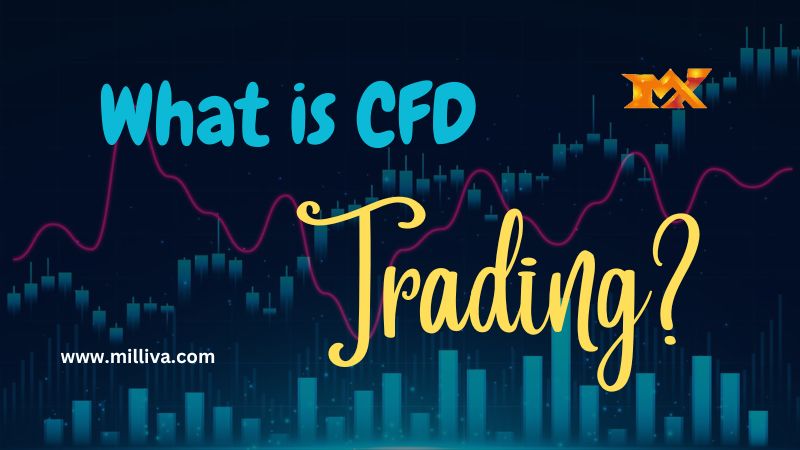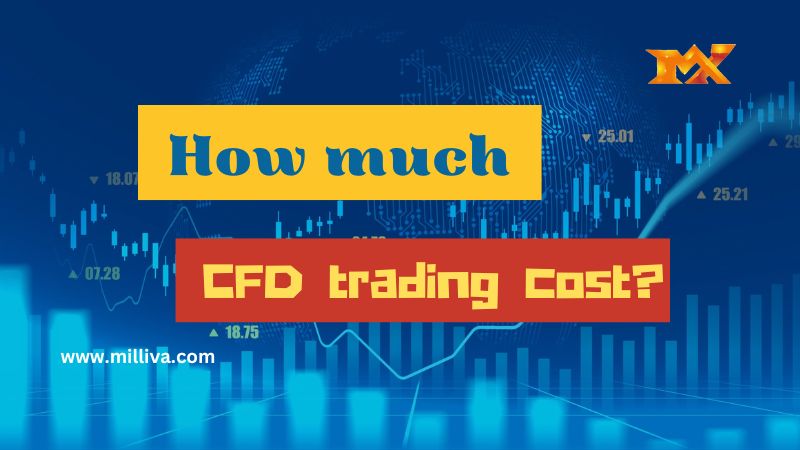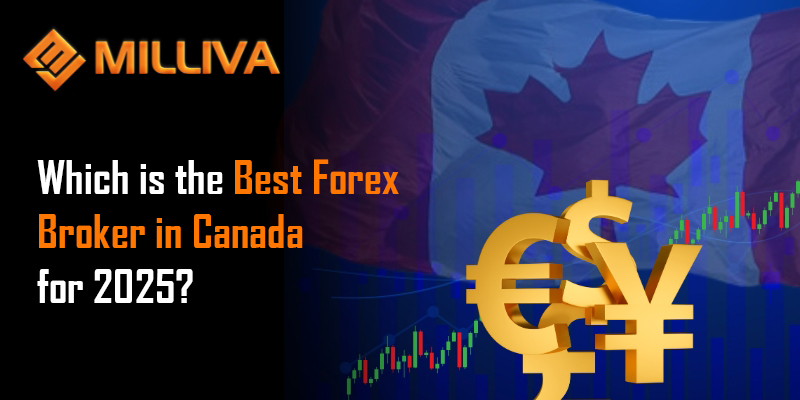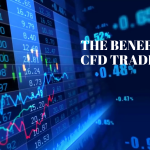What is CFD Trading

![]()
A financial derivative product called CDF trading. The abbreviation is contract for difference pays the difference in settlement price between the beginning and ending of a deal. CFDs tax-efficient* (UK) way to speculate on the financial markets and very well-liked by traders of foreign exchange and commodities. You can speculate on the rising or decreasing prices of swiftly changing international financial markets. Such as currencies, indexes, commodities, shares, and treasuries, through CFD trading.
What is CFD Trading?
The term “CFD” stands for “contract for difference,”. Which refers to a short-term contract between an investor and an investment bank or spread betting company.
The parties exchange the difference between the opening and closing prices of a certain financial asset. Which may include currency, stocks, or commodities, at the end of the contract. Depending on the way your chosen asset goes, trading CFDs allows you to either make a profit or a loss.
How does CFD Trading Works?
Financial derivatives like contracts for difference enable traders to make bets on swift price changes. The ability to trade on leverage and the ability to go long (buy) or short (sell) based on price predictions are some of the advantages of CFD trading.
There is no stamp duty to pay because CFDs are tax efficient in the UK and have numerous benefits. Please be aware that tax treatment might vary or change in jurisdictions outside than the UK depending on individual circumstances. CFD trades can also used to protect an existing physical portfolio. With a CFD trading account, our customers have the option of trading from home or while on the road. Because our platform is incredibly adaptable for traders of all experience levels.
CFD Trading
You don’t purchase or sell the underlying asset. When you trade CFDs (for example a physical share, currency pair or commodity).
Instead, depending on whether you believe prices will rise or fall. You buy or sell a number of units for a certain financial instrument. On a broad range of international markets, including currency pairs, stock indexes, commodities, shares, and treasuries, we provide CFDs. The UK 100, which combines. The price changes of all the stocks included in he UK’s FTSE 100 index. It is an illustration of one of our most well-liked stock indices.
You gain multiples of the number of CFD units you bought or sold for every point. The instrument’s price changes in your favour. You will experience a loss for each point the price goes against you.
What are leverage and Margin in CFD Trading?
In order to open a position in a leveraged instrument like contracts for difference (CFDs). You just need to deposit a small portion of the total trade value. Trading on margin term used for this (or margin requirement). Trading on margin enables you to increase your gains, but because your losses are based on the full position value, they will also increased. This means that while you could lose all of your money, you couldn’t lose more than the value of your account because the account has negative balance protection.

How much does CFD Trading Cost?
Spread: The spread, or price difference between the buy and sell prices, must paid while trading CFDs. Using the buy price and sale price, you initiate and leave a buy trade, respectively. The less the price must change in your favour before you start to generate a profit—or, if the price changes against you, a loss—the smaller the spread. We always provide spreads that are affordable.
Holding costs: Any open positions in your account may be subject to a fee known as a “CFD holding cost” at the conclusion of each trading day (at 5 p.m. New York time).
Depending on the direction of your investment and the applicable holding rate, the holding cost may be positive or negative.
Market data fees: You must activate the applicable market data subscription, for which there will be a fee, in order to trade or access our price data for share CFDs. Check out our market data prices.
When you trade share CFDs, you must also pay a separate commission fee (applicable solely to shares). On our CFD platform, commission on UK-based shares begins at 0.10% of the position’s total exposure, with a minimum commission fee of £9. See how to compute commissions on share CFDs by viewing the examples below.
Ex. 1: Starting a Trade
A fee of £12 would be required to enter a trade of 12,000 units on UK Company ABC at a price of 100p:
12,000 unit’s times a £1 admission fee equals £12,000 divided by 0.10%.
= £12
Ex. 2: Opening Trade
The minimal commission fee to enter a 5,000 unit deal on UK Company ABC at a price of 100p would be £9:
100p entrance price per 5,000 units equals 5,000 multiplied by 0.10%
= £5.00 £9.00 (The minimum commission charge of £9 would be applied to this trade because this is less than the minimum commission charge for UK share CFDs.)
What Trading Instruments are Available in CFD Trading?
You can trade thousands of different instruments when you trade CFDs with us. Our spreads on currency pairs like EUR/USD and AUD/USD begin at 0.7 points. Additionally, you can exchange the UK 100, Germany 40, and gold starting at 0.3 points. See here for a list of our markets. CFD trading is an alternative to traditional share trading, thus you are not required to acquire physical ownership of the shares.
A CFD Trade Example
Acquiring stock in a company in a booming market (going long)
The UK company ABC is trading at 98 out of 100 in this instance (where 98 pence is the sell price and 100 pence is the buy price). Two is the spread.
You choose to initiate a long position by purchasing 10,000 CFDs, or “units,” at a price of 100 pence because you believe the company’s stock price will increase. When you open the trade, you would be charged a separate commission fee of £10 because 0.10% of the trade size is £10 (10,000 units multiplied by 100p equals £10,000 divided by 0.10%).
You simply need to deposit 3% of the total trade value as position margin because Company ABC has a 3% margin rate. As a result, in this example, your position margin will be £300 (10000 units multiplied by 100p equals £10000 multiplied by 3%).
Keep in mind that if the price swings against you, you could lose more than your £300 margin because losses will be calculated based on the full position value.

Visit us on: www.milliva.com





